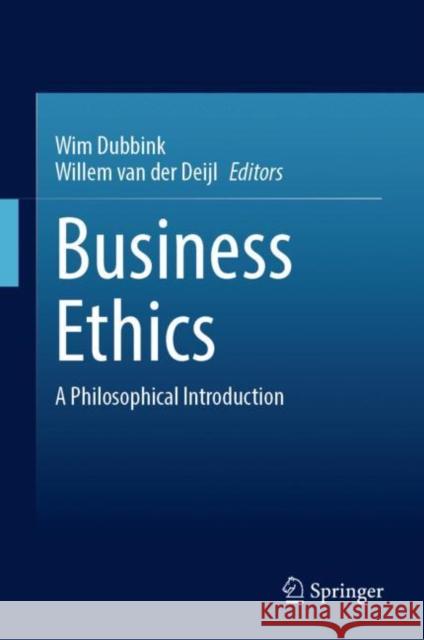Business Ethics: A Philosophical Introduction » książka
topmenu
Business Ethics: A Philosophical Introduction
ISBN-13: 9783031379314 / Angielski / Twarda / 2023 / 243 str.
Business Ethics: A Philosophical Introduction
ISBN-13: 9783031379314 / Angielski / Twarda / 2023 / 243 str.
cena 346,96 zł
(netto: 330,44 VAT: 5%)
Najniższa cena z 30 dni: 344,56 zł
(netto: 330,44 VAT: 5%)
Najniższa cena z 30 dni: 344,56 zł
Termin realizacji zamówienia:
ok. 20 dni roboczych.
ok. 20 dni roboczych.
Darmowa dostawa!
Kategorie BISAC:
Wydawca:
Springer International Publishing AG
Język:
Angielski
ISBN-13:
9783031379314
Rok wydania:
2023
Ilość stron:
243
Wymiary:
23.5 x 15.5
Oprawa:
Twarda
Dodatkowe informacje:
Glosariusz/słownik
Wydanie ilustrowane
Wydanie ilustrowane











